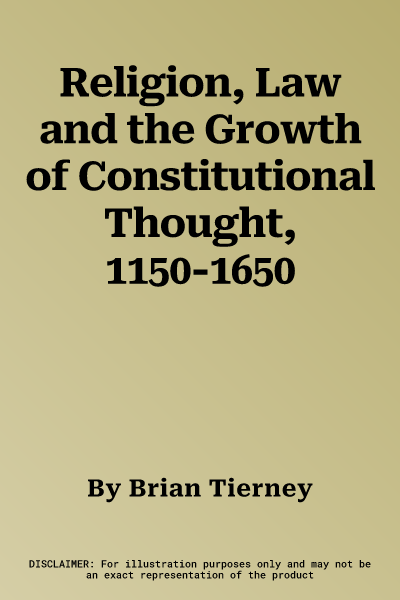Brian Tierney
(Author)Religion, Law and the Growth of Constitutional Thought, 1150-1650Hardcover, 31 March 1982

Temporarily out of stock
Free Delivery
Cash on Delivery
15 Days
Free Returns
Secure Checkout

Part of Series
Wiles Lectures
Part of Series
British Mycological Society Symposium Series
Print Length
124 pages
Language
English
Publisher
Cambridge University Press
Date Published
31 Mar 1982
ISBN-10
0521234956
ISBN-13
9780521234955
Description
Product Details
Author:
Book Format:
Hardcover
Date Published:
31 March 1982
ISBN-10:
0521234956
ISBN-13:
9780521234955
Language:
English
Location:
Cambridge
Pages:
124
Publisher: